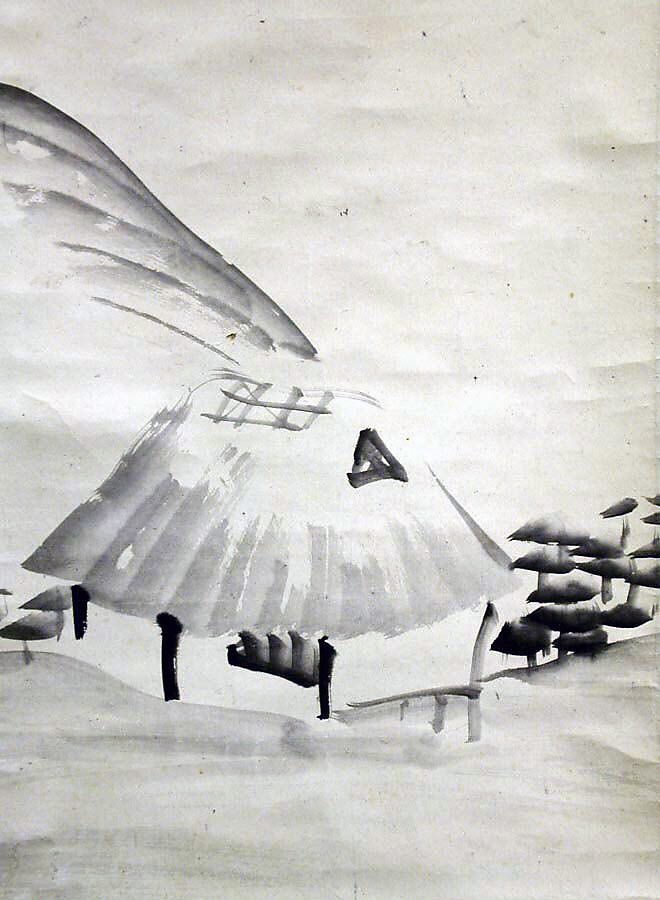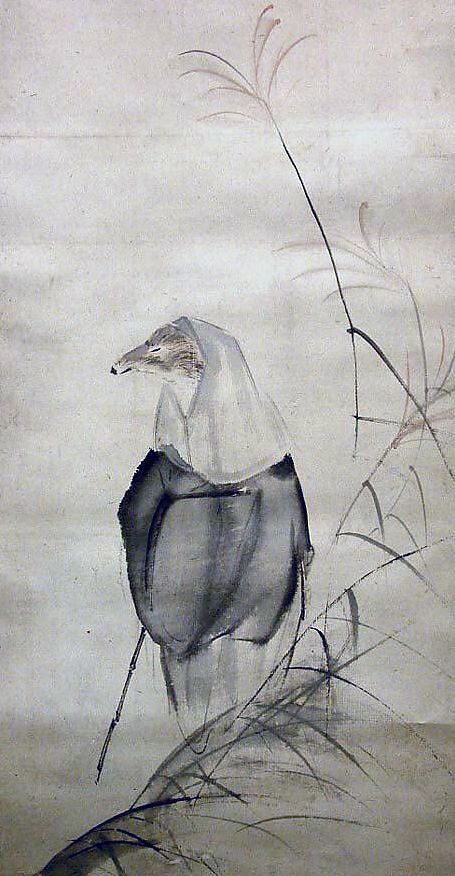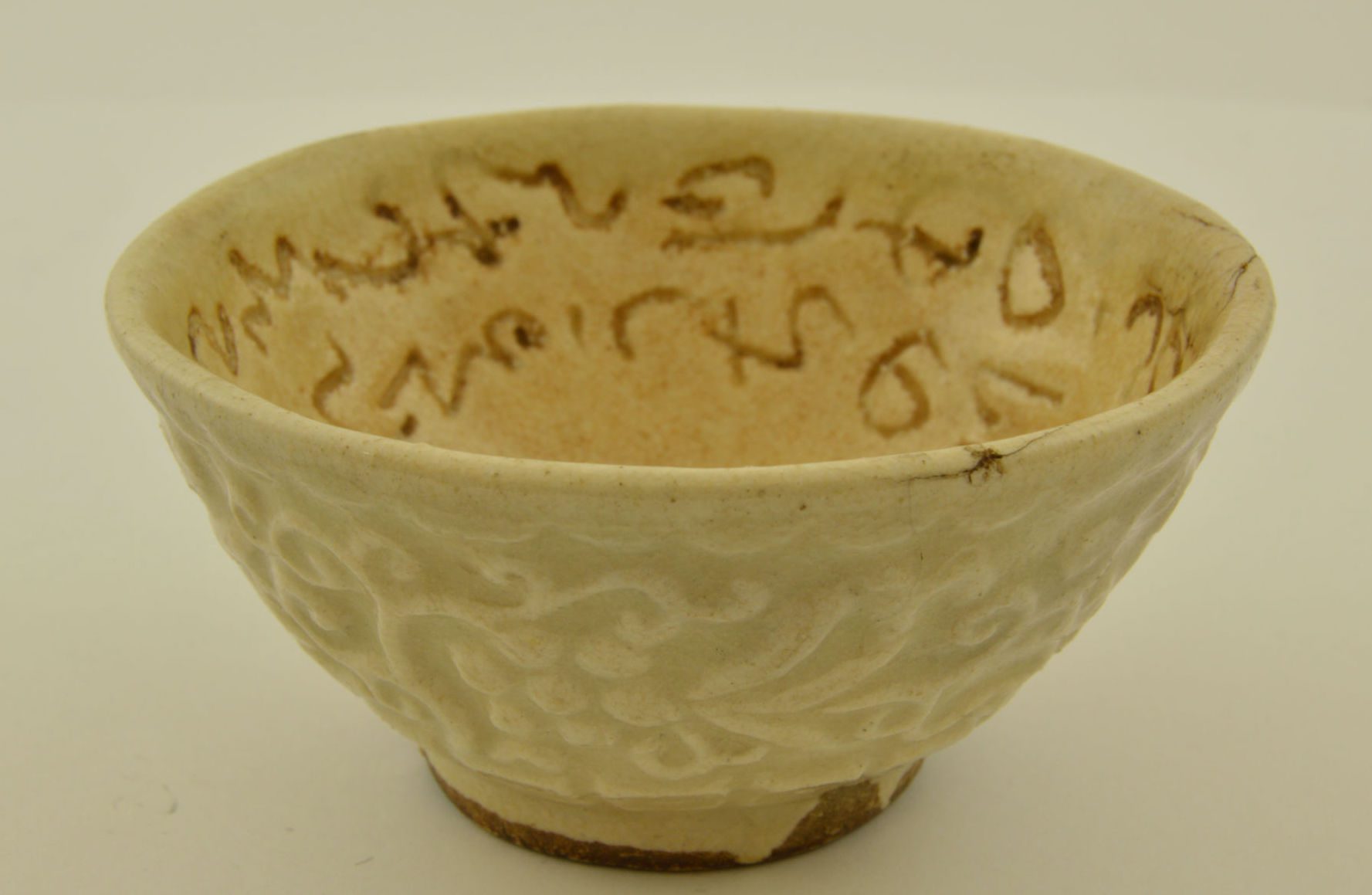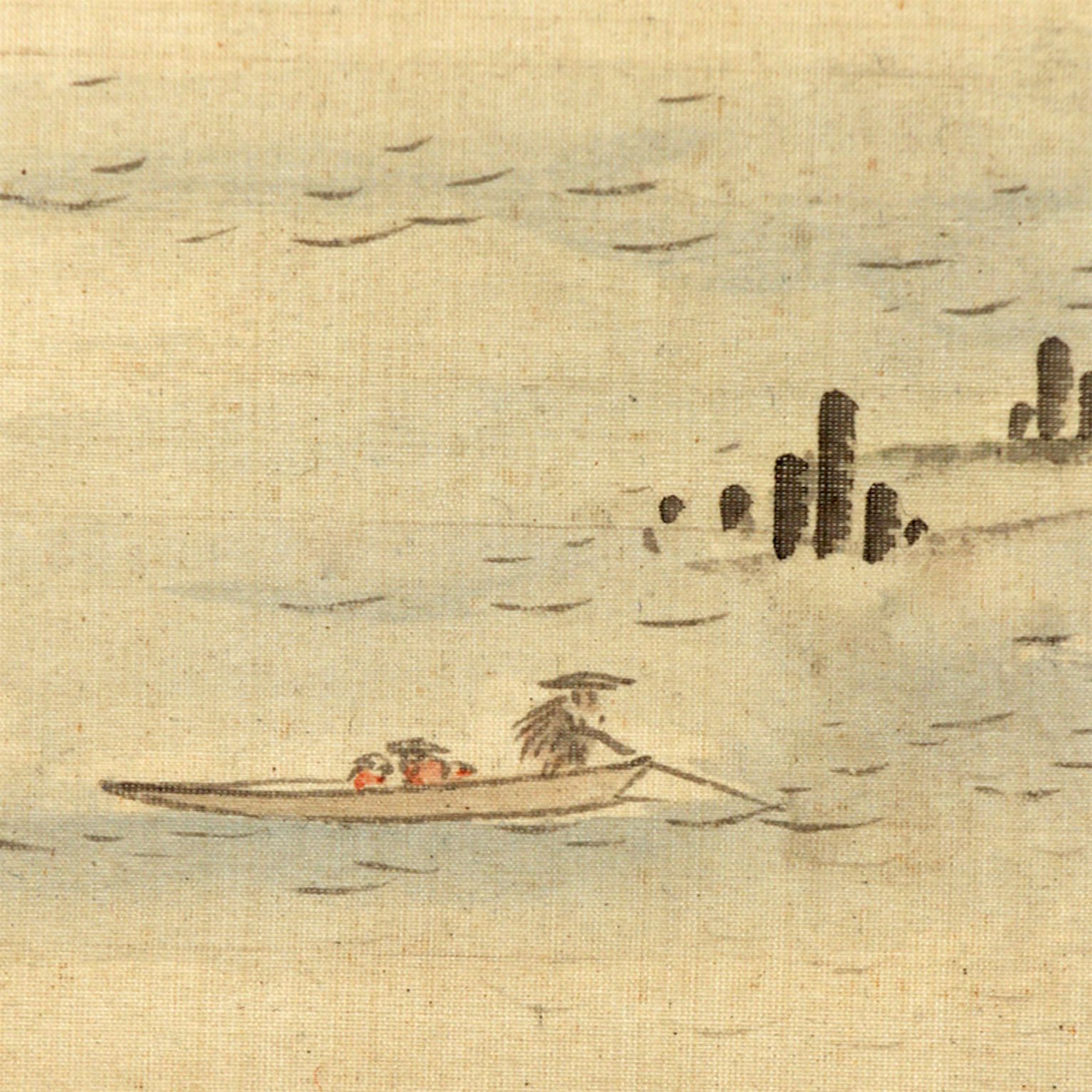Buddhist nun: Art, poetry, Japanese anti-Buddhism, and sadness of Rengetsu (1791-1875)
Lee Jay Walker
Modern Tokyo Times

Ōtagaki Rengetsu is widely acclaimed as being one of the greatest poets of nineteenth-century Japan. Indeed, her legacy is great concerning art, calligraphy, poetry, and being a graceful potter.
The life of Rengetsu was shaped greatly by Buddhism. This especially concerns the period of so many deaths concerning her immediate family. Therefore, one can only imagine her sadness at the destruction of Buddhist holy places in the early Meiji period (1868-1912) – during anti-Buddhist agitation.

From a young age, her mother and brother passed away. Sorrow would continue to haunt Rengetsu. Therefore, by her early 30’s, her two husbands and all five children had died.
One can only imagine her anguish during this period of her life. Indeed, even her stepfather passed away by 1832. Hence, the call of being a Buddhist nun after so much tragedy – and residing near Chion’in temple with her stepfather before he parted from this world – seems natural.

The Buddhist nun combined her poetry by inscribing it into her pottery. Therefore, Rengetsu’s sense of purpose in the field of art, calligraphy, poetry, and pottery was great, given the early tragedy of her life where death was all too common.
In one lovely poem Rengetsu pointedly writes:
I await my beloved
Who is not yet here.
The moon in the pines
and voice of the wind
provoke my longing.
While contemplating death she wrote:
My wish is to see
a cloudless moon
above the lotus flower
in my next life.

The final years of her life must have been troubled by events in Japan. This concerns the early Meiji era when Buddhism was attacked throughout the country. Therefore, in the final years of her life, thousands of Buddhist temples were destroyed.
It is believed that approximately 40,000 Buddhist temples – and other areas related to Buddhism, including architecture – were destroyed in this period of Japanese history. Indeed, in the domain of Satsuma, the Buddhist faith was obliterated – while in other parts of Japan, approximately 80 percent of Buddhist temples were destroyed.
Henceforth, Rengetsu, in her final years on this earth, must have been shocked by events – just like she was shocked by so much death in her early life.

PLEASE SUPPORT MODERN TOKYO TIMES by DONATING
Modern Tokyo News is part of the Modern Tokyo Times group
DONATIONS to SUPPORT MODERN TOKYO TIMES – please pay PayPal and DONATE to sawakoart@gmail.com
http://moderntokyotimes.com Modern Tokyo Times – International News and Japan News
https://www.pinterest.co.uk/moderntokyotimes/ Modern Tokyo Times is now on PINTEREST
http://sawakoart.com – Sawako Utsumi personal website and Modern Tokyo Times artist
https://moderntokyonews.com Modern Tokyo News – Tokyo News and International News
PLEASE JOIN ON TWITTER
https://twitter.com/MTT_News Modern Tokyo Times
https://www.facebook.com/moderntokyotimes/ Facebook